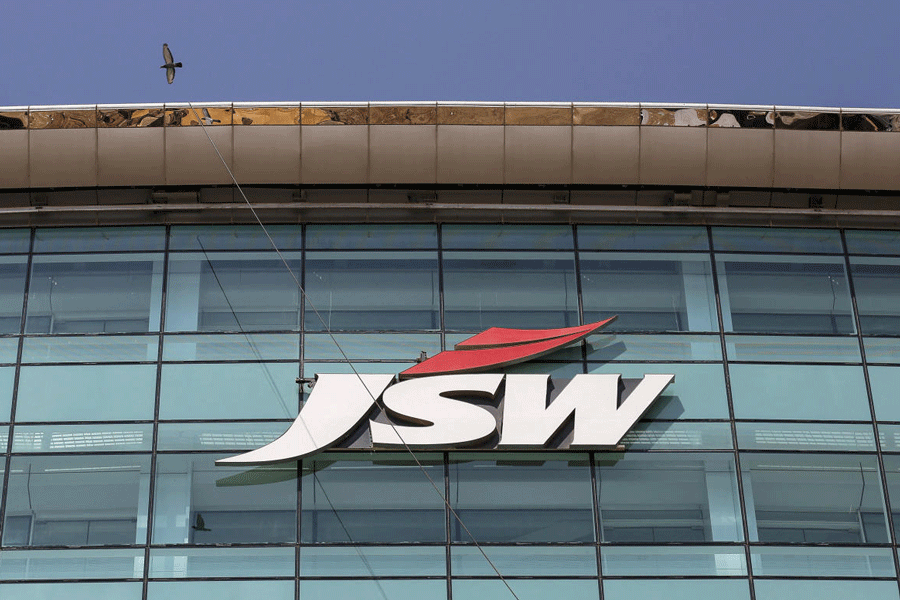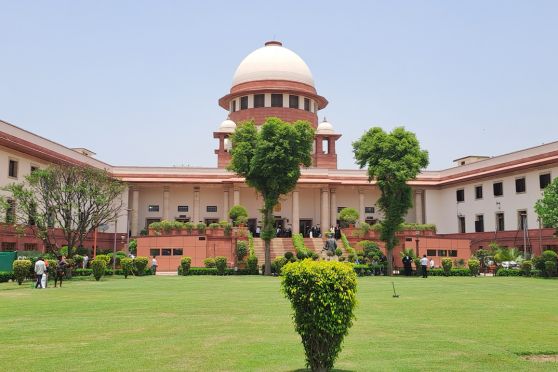JSW Steel is eyeing a higher share of long steel products in the company’s portfolio to meet the growing demand from the construction and infrastructure sector in India.
The Sajjan Jindal-led company has a domestic capacity of 28.2 million tonnes and it aspires to reach 50mt capacity by 2030. JSW expects the share of long steel products — bars, wires and rods — to reach 35 per cent going forward.
“We plan to take the share of long products to 35 per cent when the capacity goes up to 50mt. Our focus will be on high-end long products,” G.S. Rathore, whole-time director and chief operating officer of JSW Steel, said.
The share of long products, which are mostly produced by the secondary steel producers, is 54 per cent, while the share of flat products — hot and cold rolled coils used in automobiles and consumer durables — is 46 per cent.
A developing economy such as India usually consumes more long steel than flat because of its focus on creating infrastructure. In a matured economy such as the EU or the US, the share of flat products are more than long.
“We are in a situation where we consume more longs than flats,” he observed at the sidelines of a seminar on long products in Calcutta, organised by Steel & Metallurgy.
JSW has, however, focused on flat products historically as it started with a cold rolling mill. As a company policy, it sends 50 per cent of flat products to downstream units for further value addition such as galvanising, coated or tinning.
The share of long products is about 28 per cent for JSW Steel. The company produces long products in the Salem plant. About 90 per cent of the product goes to the automobile sector.
The company’s expansion, however, is centred around three locations, Vijaynagar in Karnataka, Dolvi in Maharashtra and Jharsuguda in Odisha. In each of these places, the company can add 5mt each going forward, over and above the ongoing phase of expansion.
JSW’s renewed focus in long steel is in line with industry trends where large integrated players are looking at expanding long products portfolios, especially for the value added segment.
Tata Steel acquired Neelachal Ispat Nigam to step up its presence in long steel. While NINL has a capacity of 1mt now, Tata Steel intends to ramp up capacity to 10mt by the end of the decade.
However, there is a possibility that there could be a shortfall of long products in the next 3-4 years.
“If long steel demand grows by 8-8.5 per cent per annum over the next 3-4 years, we are looking at a shortfall of long products in India, unless secondary players add capacities aggressively and ramps up production quickly,” says Jayanta Roy, senior vice-president and group head, corporate sector ratings, Icra.











